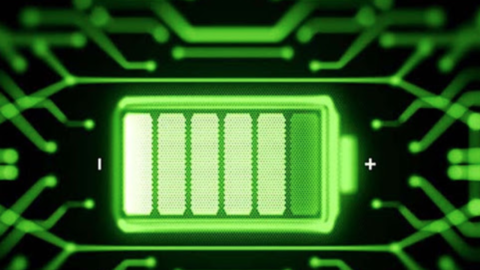The Chinese government intends to carry out a restyling of the tax system currently in force. The common guideline in the reform project seems to be the stabilization of some sectors (primarily the real estate sector, but also the energy sector) and a strong environmental focus. Given the enormous extent of the country, the Government has launched pilot reforms that will be applied only in some regions or cities and, after an impact assessment, can be extended to the entire country.
The project concerns six taxes that will affect real estate, added value, exploitation of resources; excise duties will be introduced to regulate some industrial sectors and a tax on urban maintenance and construction.
In the continuation of the article, the taxes envisaged by the project will be analyzed individually.
Property Tax (PT)
The main objective of the introduction of this tax is the limitation of speculative purchases in the real estate market to avoid the creation of a financial bubble in the sector. As previously anticipated, this pilot tax will be limited to the urban areas of Shanghai and Chongqing and will concern second home purchases. If the experimentation gives the desired effects, the tax will also be extended to other cities, while waiting, the Chinese government is working on the restructuring of the taxes on the sale of real estate.
Value Added Tax (VAT)
From January 2012, XNUMX, the implementation process of the pilot reform on the value added tax has been started in China which will concern the transport sector and other six service sectors for the city of Shanghai. In the intentions of the legislators, the new tax will replace the current business tax. Trials will also start in Beijing from next July, after the go-ahead granted by the central government.
According to government forecasts, 2012 will serve to improve the design of the value added tax so as to completely replace the current business tax and to change the distribution between the central government and local governments of the revenue deriving from this tax, which is currently clearly biased towards the central government (75% of the revenue).
Resource Exploitation Tax (RT)
The imposition of a tax on the exploitation of resources has the dual function of promoting resource conservation and environmental protection and regulating the energy industry. In fact, the new tax on the exploitation of resources will affect producers of energy from oil and natural gas sources with the shift of taxation from the volumes produced to prices. According to the China Development Bank, the application of a progressive taxation that affects not only the sectors already affected but also the exploitation of coal and water resources is being studied.
Excise duties (ET)
Under the State Council's "Interim Provisions on Excise Duty", China will levy excise duties on a wide variety of products. First of all, luxury products such as high-end jewelery and watches, yachts, cars and motorcycles will be affected, but also products that are traditionally subject to taxation such as cigarettes, spirits and fuel. The imposition of excise duties will naturally have repercussions on consumer prices with consequent repercussions for entire industrial sectors. The application of excise duties also on disposable chopsticks is a clear sign of the rational consumption and energy saving policy that the Government wants to implement. In fact, biodiesels obtained from animal waste or vegetable oils are exempt from the application of excise duties, even though they are fuels. The Chinese government's willingness to prevent Western consumption styles that do not respect the environment due to the excessive consumption of natural resources (the "disposable" model) from infecting the nascent Chinese domestic market.
The Environmental Protection Tax (EPT)
This tax has the clear intention of pursuing an improvement in resource conservation and environmental protection. The tax will be applied from 2013 on carbon emissions and wastewater disposal. However, to avoid excessively punitive cumulative taxation, solutions are being studied to resolve the application conflicts between this tax and others such as VAT and RT.
Urban Construction and Maintenance Tax (UMCT)
Since December 2010, the UMCT takes the form of an additional tax on already existing taxes, in particular production tax and VAT. The Government project, made explicit for the first time in the forecast budget for 2012, is the change in the characteristics of the tax which will pass from an additional to an independent tax calculated on taxpayers and businesses.





